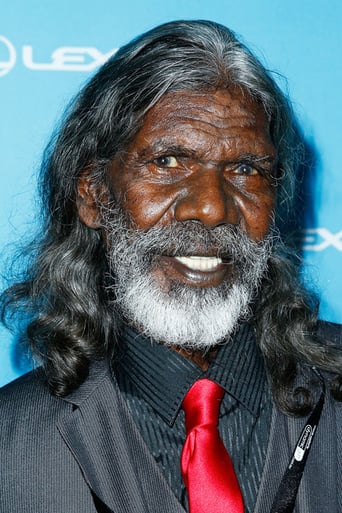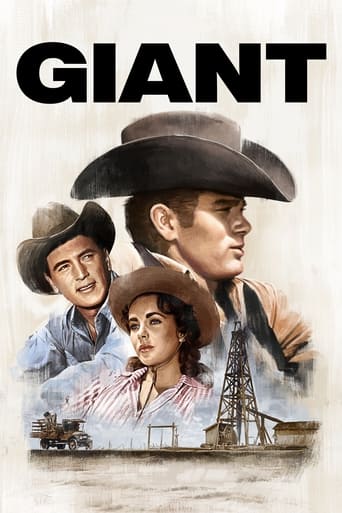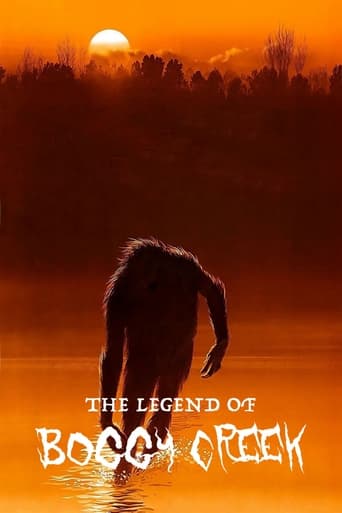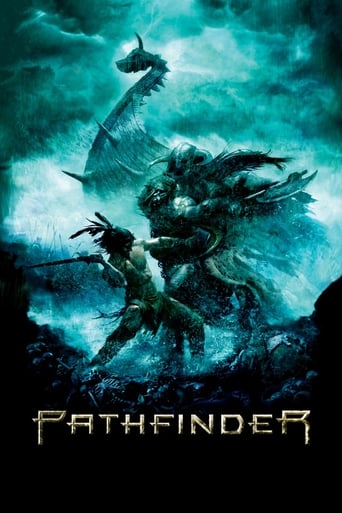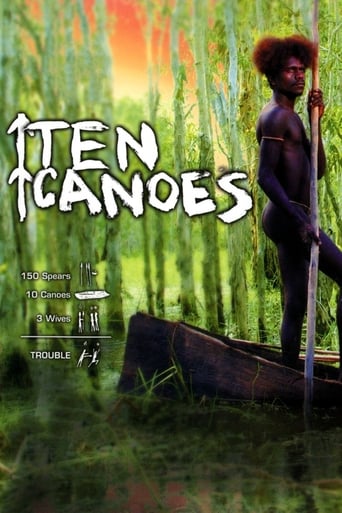
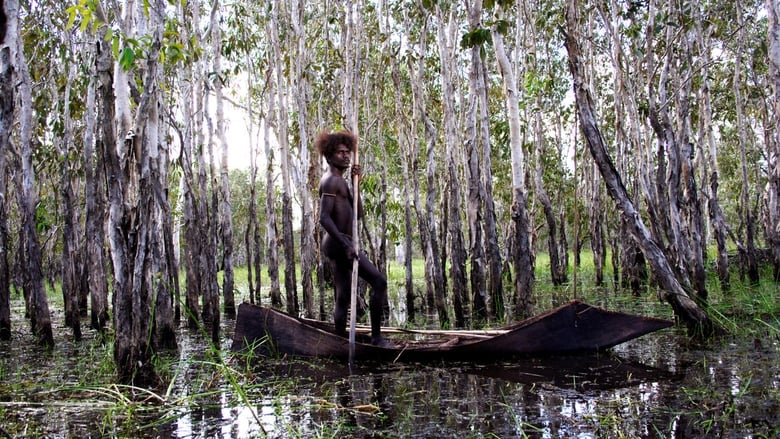
Ten Canoes (2006)
A story within a story within a story. In Australia's Northern Territory, an Aboriginal narrator tells a story about his ancestors on a goose hunt. A youngster on the hunt is being tempted to adultery with his elder brother's wife, so an elder tells him a story from the mythical past about how evil can slip in and cause havoc unless prevented by virtue according to customary tribal law.
Watch Trailer
Cast
Similar titles
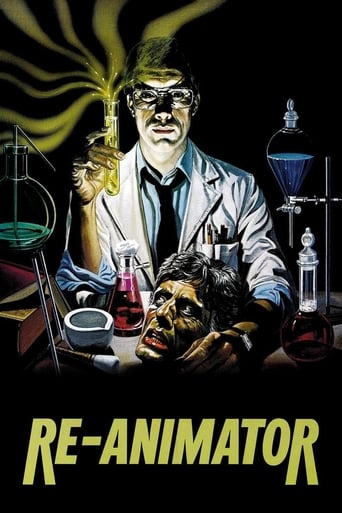
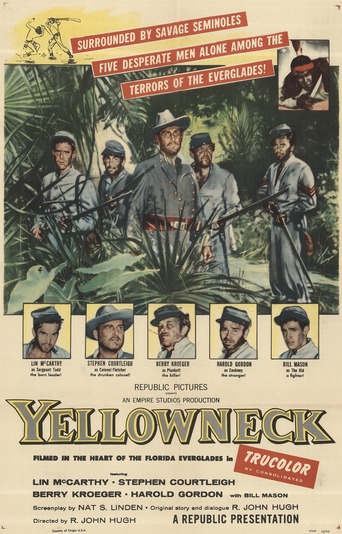

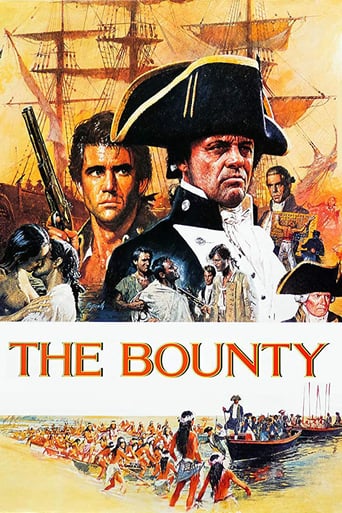
Reviews
Let's be realistic.
All of these films share one commonality, that being a kind of emotional center that humanizes a cast of monsters.
The film's masterful storytelling did its job. The message was clear. No need to overdo.
Worth seeing just to witness how winsome it is.
For a country whose notion of Indigenous Aboriginal culture comes up to The Dreamtime and dot paintings, Ten Canoes might well serve as a lovely refresher course, never mind how Hollywood might react to it. Growing up I recall being fed healthily on these stories as part of an ever-enthusiastic brand of multicultural education, and relishing them because it was easy for even kids to imagine how the ancient storytellers had come to these conclusions by simply looking around them and rewinding. How the stars in the night sky are camp fires burning brightly to guide hunters home, how the rivers are water goannas larger than you or me could ever comprehend, or how the great emu losts its wings because of its own arrogance and pride (Icarus being just pipped on that one). Another tells the story of how the kangaroo was bestowed its pouch because of the kindness it showed towards Byamee, a god disguised as a troubled wombat. What these stories, and what Ten Canoes shows us, is that even as many millennia separate us, our inherent laws and practices are guided by a karmic belief of cause and effect, often with wry consequences. Fair is fair; the universe ensures that you will always get what is coming to you, and it isn't afraid to get creative. Who better to champion the oral traditions of the Indigenous Aborigines than David Gulpilil? He is without a doubt the most mainstream and well-known of the Aboriginal actors, and retains a delighted curiosity from his first ever screen- credit way back in Nicholas Roeg's masterpiece, Walkabout. In that he played a young boy on the eponymous rite of passage, who positively gurgled when asked to demonstrate his knack for finding water in barren desert, and channeled this fevour elsewhere in his mating dance. Gulpilil has lost none of that fresh-faced charm, and although we cannot see his grin, it is easily identifiable in his narration. It is not quite Attenborough; the storyteller observes with an all- seeing eye, but is not afraid (as we might suspect) to insert his own footnotes here and there, and sometimes chuckle along. Rolf de Heer alternates black-and-white and colour stock as if to mimic dusty old storybooks (if they had they kept them) being brought to life orally, and Gulpilil can't always bear to remain impartial. Which is how most of us like our stories told, with a dash of flavour and colour. de Heer uses the visual as a way of representing an age-old reverence for the land. The Aborigines were nomadic hunters and gatherers, never taking more than necessary, and ensuring that the land too could live and breath beneath the soles of their feet. The cinematography is almost sensual; the camera snakes steadily around tangles of bush and grass, like the hunter making his slow advance, or glides serenely, as if it was also balanced on the canoes the men themselves craft out of tree bark. The water's mirror must not break, the ever-constant buzz of the outback unable to be interrupted. At times it simply lingers, and we see how the landscape twitches, and shimmers in the heat. The story is in fact three stories within one another, of one narrator performing for the gathering around the camp fire, and another using a fable as way of caution. So there are thousands of years connecting the story strands, and the film decides to strengthen them using first and foremost humour, and through showing how it has not aged a day from the past. Fart and dick jokes are means of confronting the modern audience, to force a connection that has not been recognised until this moment. And then we see how their morality system has manifested from lifetimes of incidents and misunderstandings. This is a little further from our own comfort zone, a ritual of justice where spears are thrown until the guilty is wounded. So it is shocking when the conclusion, somehow, manages to make sense: "We've speared your man," says one tribe to another, who respond "who speared ours". Perhaps it is Byamee's way of pushing responsibility towards Yeeralparil, who makes the costly error of lusting after his brother's three wives, and through cruel fate, finds the pleasure turned into burden suddenly thrust onto him. We may not subscribe to the spear for a spear ideology that they practised long ago (indeed we have better method not available to them), but somehow we keep making the same mistakes, and punishment happens to chase us out eventually. And yes, we are still prone to laying around all day and eating honey, although we have made an efficient business out of it. The belly laughs when we are caught with sticky fingers still sound the same.
"Ten Canoes" resembles a National Geographic documentary with dramatic overtones and is sometimes hard to follow due to the thick accent of the narrator but it's nevertheless absorbing due in part to its very oddness, being a story about aboriginal Australians (though written, directed and shot by a Caucasian team headed by director Rolf de Heer). Structurally it is a story within a story about a how a tribe in the pre-colonial period handled the sudden disappearance of one of its female members. The story allows de Heer to illustrate how members of this primitive community were not so very different from ourselves in their essential human characteristics. The mere placement of a group of naked, primitive people as central characters in a fictional motion picture drama is, to Western eyes, enough to command the attention. The more or less constant narration tends to hinder dramatic development so that we never connect deeply with any of the characters yet we empathize with their predicaments. Generally speaking, it paints a sympathetic picture of a people whom fate has brutalized and who now are only beginning to recover and get back a sense of who they are and what they come from, in part through films like this one.
Despite its exquisitely photographed and exotic locale, "Ten Canoes" is strictly for those who still need a bedtime story to help them fall asleep. Set in the Australian outback, this tale of life among the Aborigines is as beautiful to look at as it is tedious to sit through. As we watch a group of men building canoes, a wizened but droning narrator spins an ancient yarn about a stranger who wanders into a village, forever altering the lives of those who live there (interestingly, while the scenes in the past have been filmed in color, those set in the present are in black-and-white)."Ten Canoes" may have value as an anthropological study of sorts, but its desultory pacing and lack of compelling drama make it a very dull slog indeed for even the most adventurous of armchair-traveling moviegoers.
I had the good fortune of coming across this (somewhat)overlooked gem when it played at one my local art cinemas recently. 'Ten Canoes' is one of those films that is an open window to another culture (albiet one that is still regarded as a mystery to Westerners). It is a multi layered story about love,lust,envy,mistaken identity,revenge,etc. What I admired about it is the fact that it's told as a story within a story within a story,and is shot both in black & white & colour (to transpire time). I guess if I have only minor beef with this film is the fact that although it takes place thousands of years ago, it has to pander to toilet humour from time to time to attract the audiences of today. That aside, Ten Canoes can easily take it's place among other films within this genre (Salt Men Of Tibet,Pathfinder--the original Norwegian edition,and not the tepid American remake of recent,as well as others). It's one of those odd little films that you'll probably have to seek out,as it won't play in mainstream cinemas (it contains yards of male,as well as female nudity--although it contains absolutely no graphic sex scenes)
